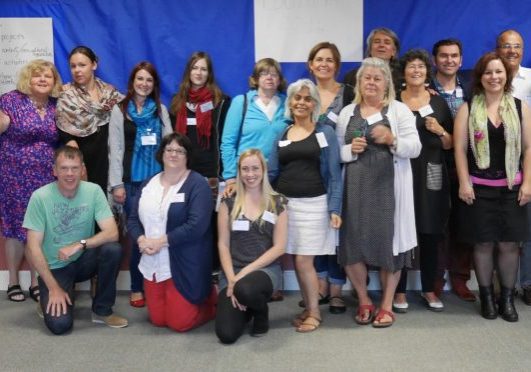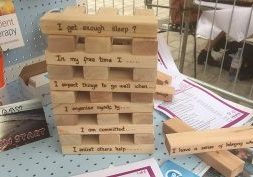Angie was asked about how best to support University of Brighton staff, so she put together some tips for the staff pages. But since we felt these ideas were useful for staff everywhere, we thought we would share the information here as well.
Coronavirus: Supporting staff resilience

Related Blogs
OZ & New Zealand community university partnerships blog
Greetings from a very sunny Australia where I’m spending four weeks as Visiting Fellow courtesy of Engagement Australia, an umbrella organisation for a number of Australian universities committed to community university partnership working. Temperatures here are hitting 40 degrees. And that’s before we get down to discussing the complexities of community university partnerships.
Edith Cowan university partnership visit blog
Been sweltering at Edith Cowan University in Western Oz and offered my sweaty palm to many a community member and their academic partner. What an exaggerator. The air con was on most of the time and I was fresh as a daisy. Hats off to the team for getting two very diverse groups of people together for both the morning and afternoon sessions – people from the uni, local council, police, schools and further education colleges to name just a few places from whence they hailed.

Communities of Practice (CoPs)
Our resilience Communities of Practice aim to generate new ways of thinking about and building resilience with children and young people having tough times, and to shape resilience practice for the better. They cut across traditional organisational barriers and hierarchies, to bring all perspectives to bear on a particular topic.